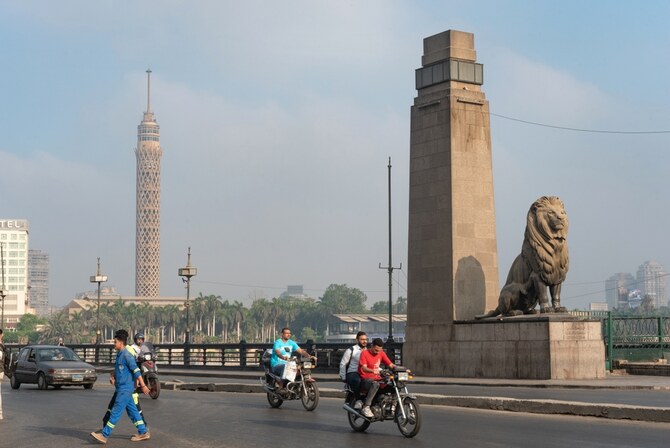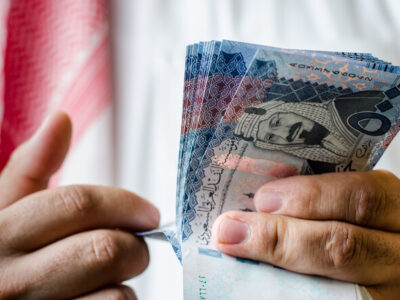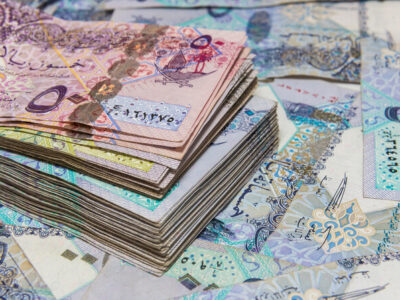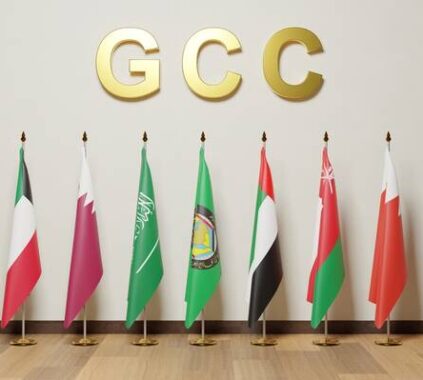As a consequence of the government’s recent attempts to reestablish macroeconomic stability, Egypt’s economy is beginning to show indications of recovery, according to the International Monetary Fund.
According to the IMF’s most recent review report, Egypt’s inflation rate is still high but is starting to decline.
In order to preserve budgetary stability, the North African nation has been putting several economic changes into place. One such reform was the merger of the official and parallel exchange rates in March.
Since then, the economy of the nation has greatly improved; the Egyptian pound is now set by the market, bank foreign exchange backlogs have been cleared, and daily interbank global exchange turnover has increased.
The monetary policy tightening that accompanied the unification of the exchange rate reduced speculation, attracted foreign investment, and slowed the rate of price growth. Private sector growth could be ready for a surge given the indications of improving sentiment, according to IMF deputy managing director and acting chair Antoinette Sayeh.
“Sustained transition to a flexible exchange rate regime and a liberalized foreign exchange system, along with the appropriate implementation of the framework to monitor and control public investment, together with further fiscal consolidation, should support internal and external balance,” the speaker continued.
Also Read:
Amidst Robust Non-Oil Growth, Jadwa Investment Reduces its Projection for Saudi Inflation to 1.7%
Petchem Industry in Saudi Arabia is Strengthened by New Digital Platform



































